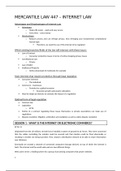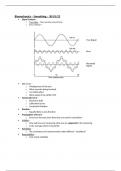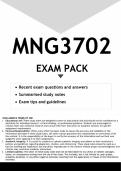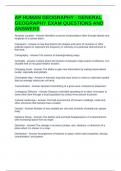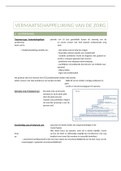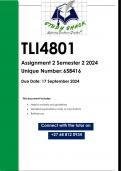Class notes
Full notes on Mercantile Law 447 (Internet Law)
- Course
- Mercantile Law 447 (MERC447)
- Institution
- Stellenbosch University (SUN)
Notes are in its simpler from , easy to read and understand , as far as cases and legislation were dealt with in class , so my notes include them
[Show more]
